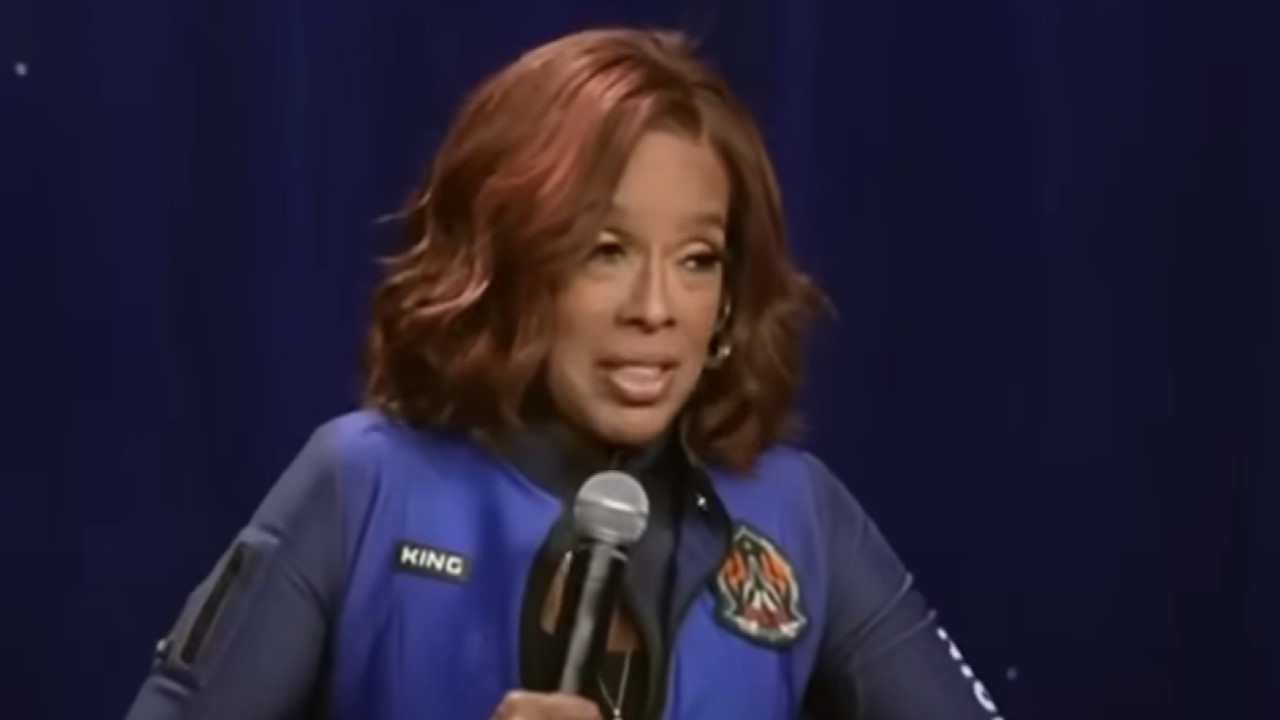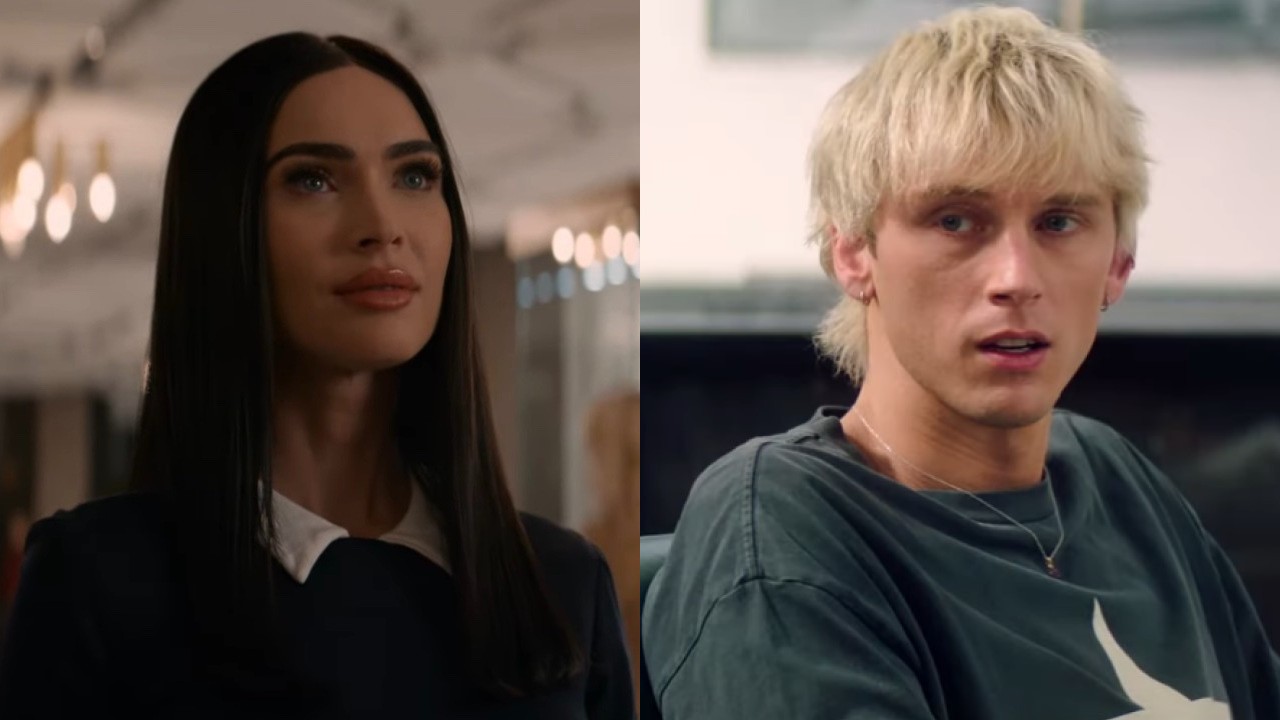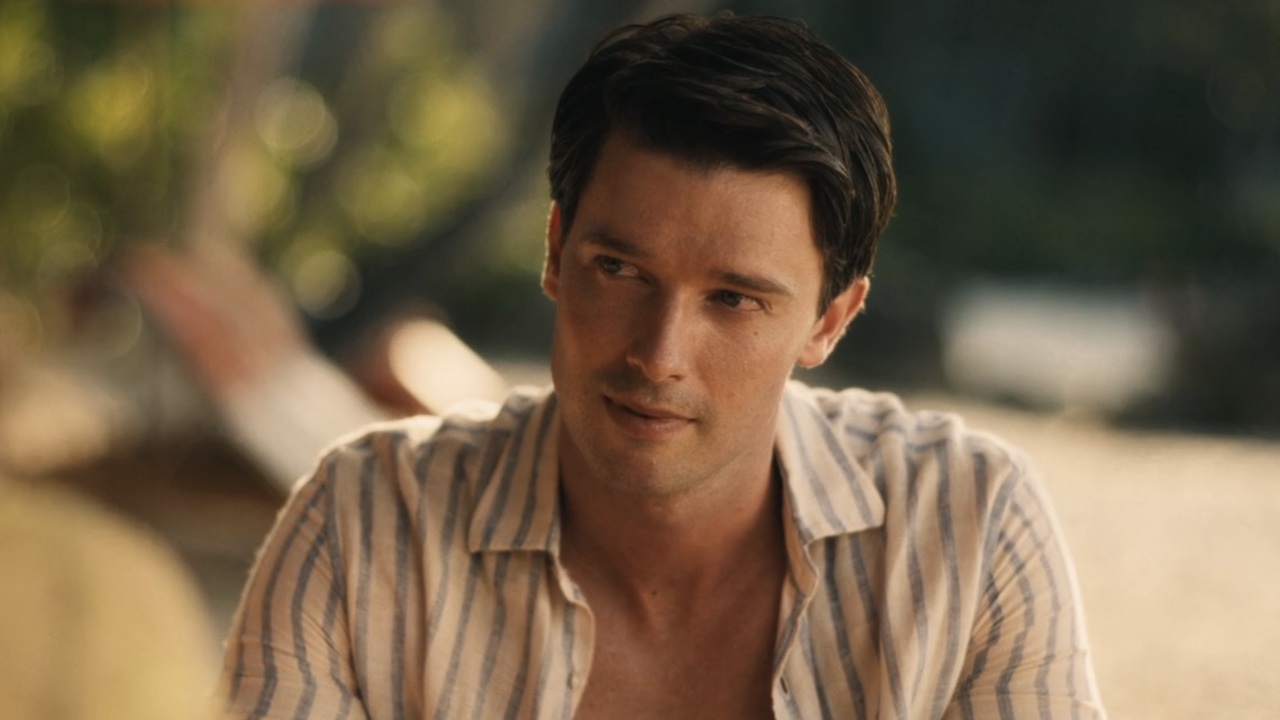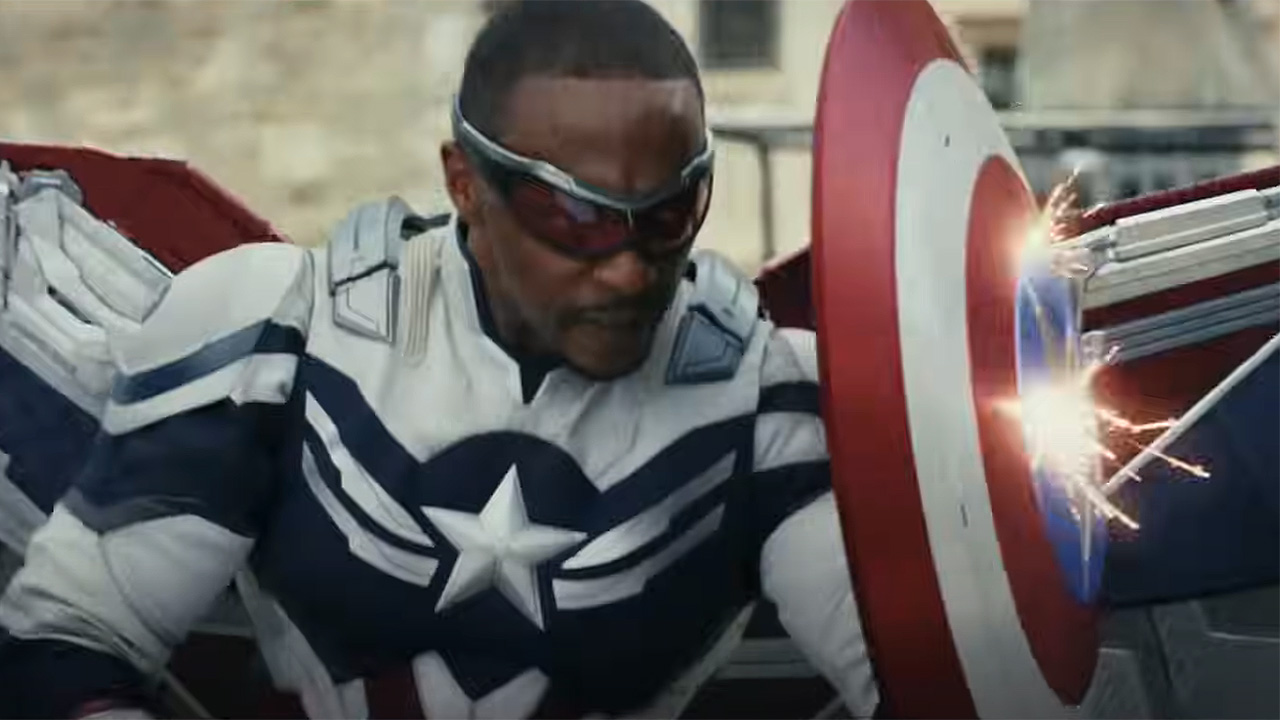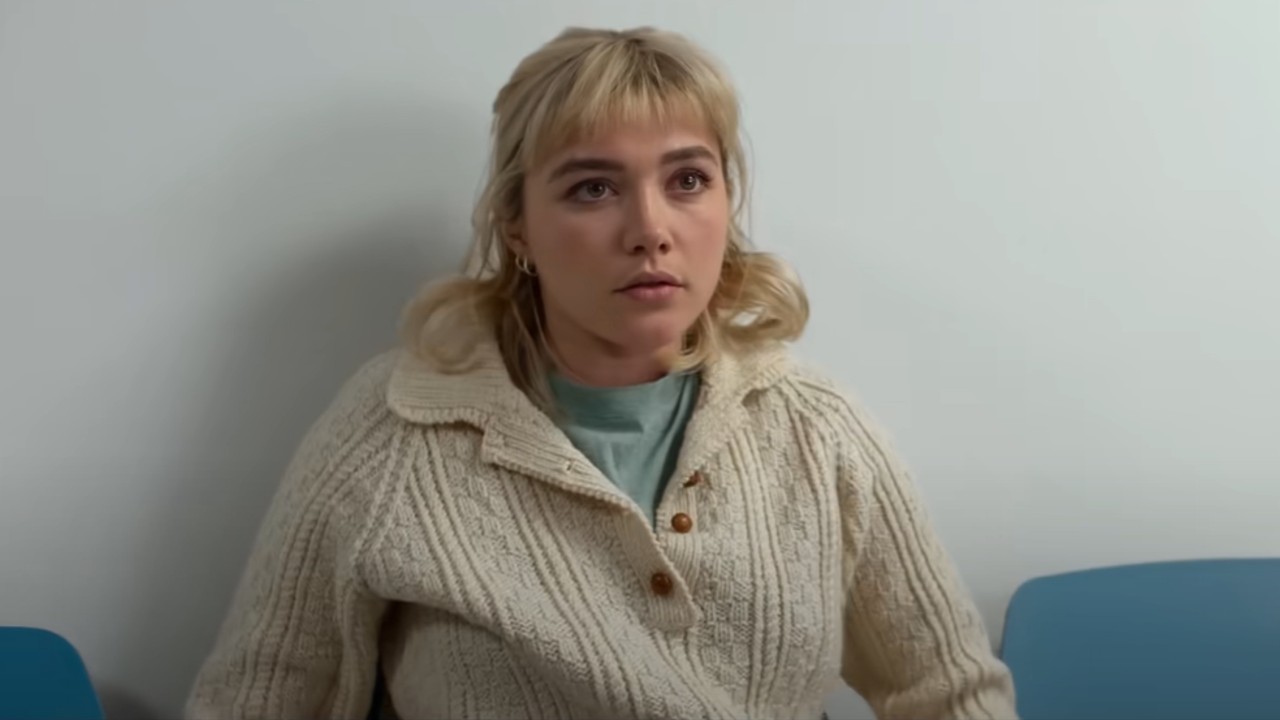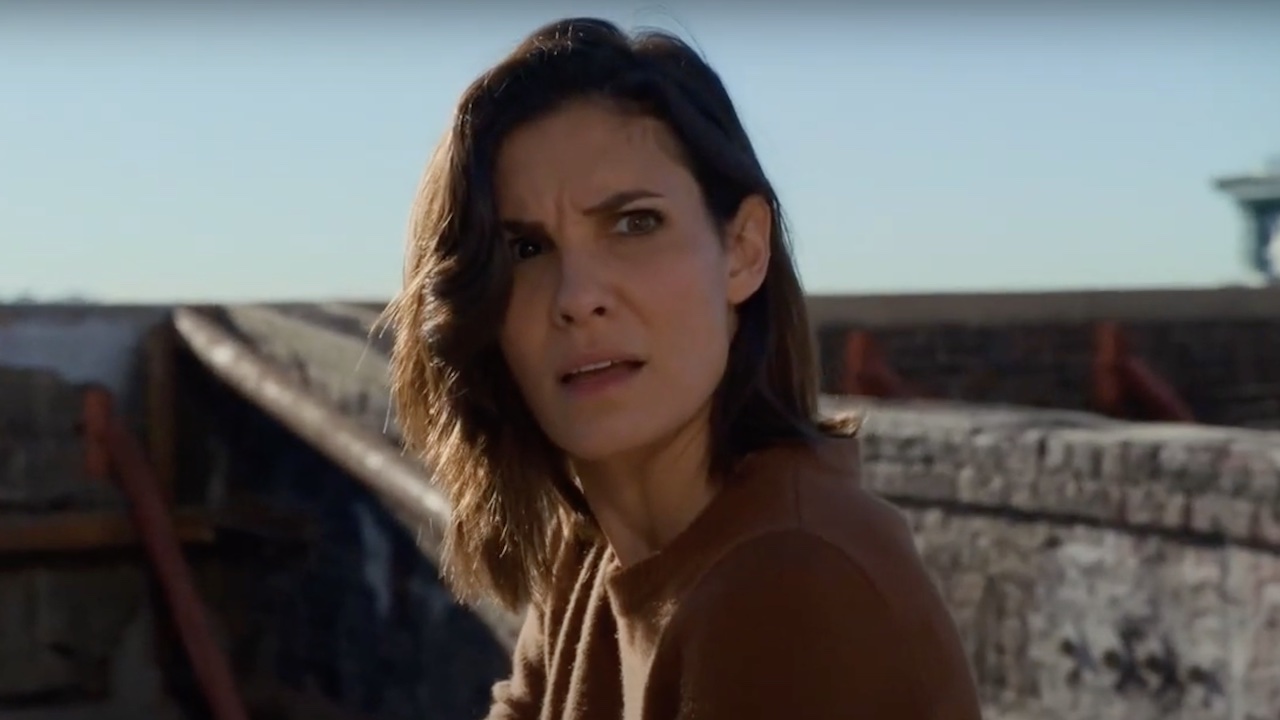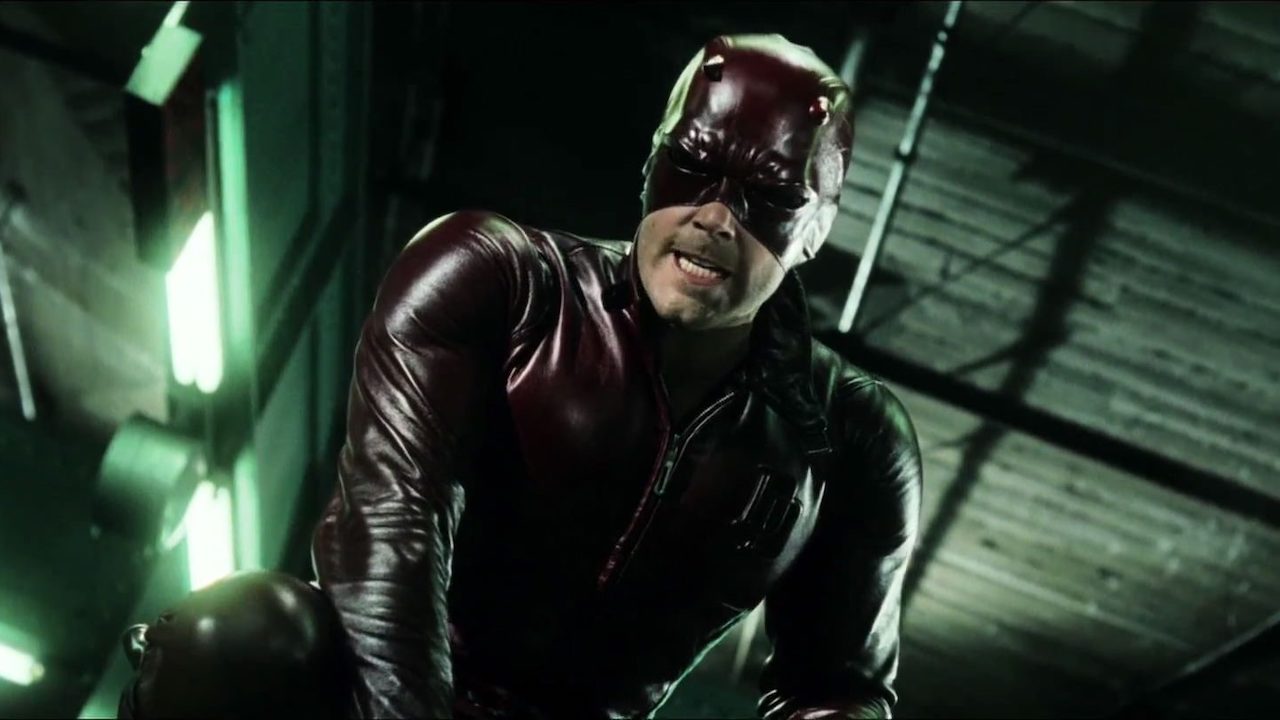TIFF 2012: Zac Efron Gets Lost In The Corn And Melodrama Of At Any Price
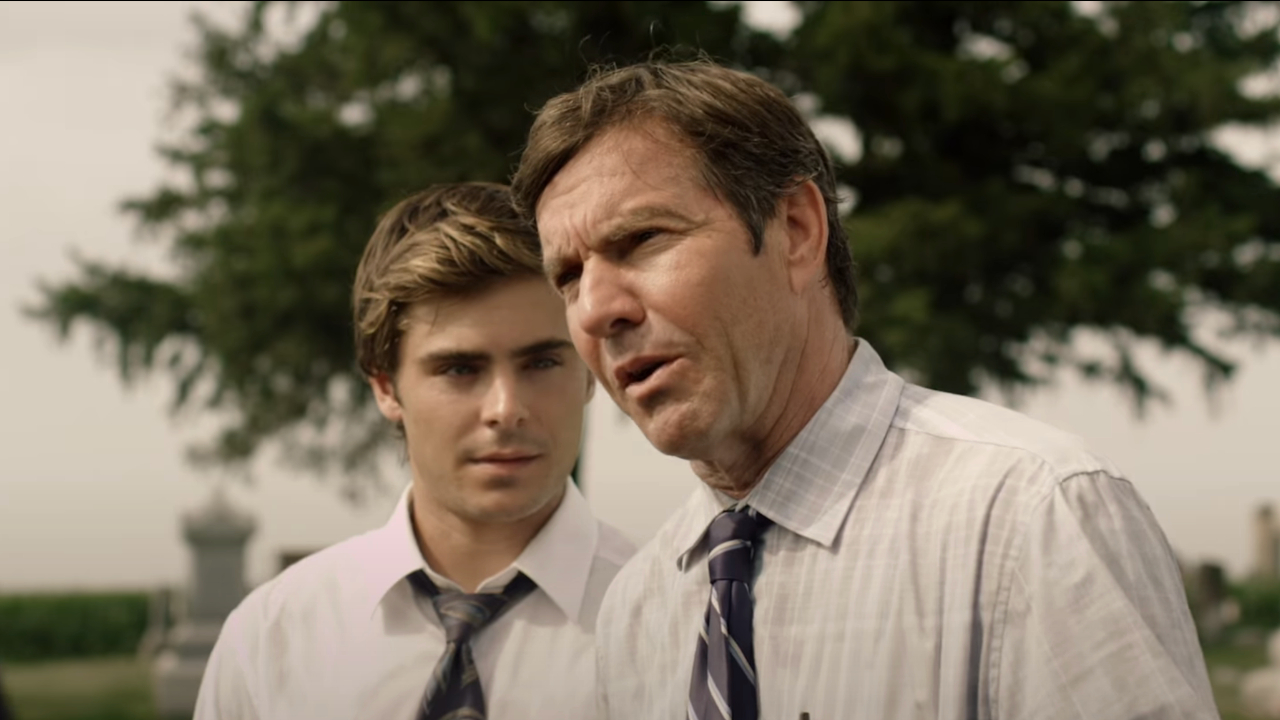
When he introduced last night's screening of At Any Price, director Ramin Bahrani described star Dennis Quaid as "my Willy Loman." That's a powerful name to check just before your own saga about family business and the painful march of time, and it loomed over At Any Price in a way Bahrani surely didn't intend-- full of clanging dialogue and muddled melodrama, At Any Price largely stumbles through its own mythic saga of fathers and sons and the American dream.
The Willy Loman comparison, however misguided, is at least true. Quaid's indefatigable Henry Whipple sells seed to the corn farmers of southeastern Iowa and, ever aware of an opportunity to make a buck, farms his own land too. We meet him when he and his son Dean (Zac Efron) approach two grieving strangers in a graveyard, entirely because these strangers inherited farmland they might want to sell. But, as it is for most family-owned farms, modernity is creeping in, whether through encroaching big farming corporations or the lure of bigger lives for the Whipple songs-- eldest Grant is off climbing mountains in Argentina, while the sullen Dean dreams of racing cars.
It's a coincidence that At Any Price arrives after a summer in which Midwestern farmers were pummeled by a scorching drought, but Bahrani is clearly invested in family farms as a dying American tradition, and frequent shots of looming windmills over the corn concisely suggest the fast-arriving future. Unfortunately, on top of that he has characters saying things like "Those times, they were so simple" or "We're going to pick ourselves up by our bootstraps," putting a sharp point on what, in Bahrani's earlier films like Chop Shop, would have gone gracefully unsaid. When any of the performances start gaining momentum, they slam into the wall of the godawful dialogue-- Quaid is great at playing the big-toothed American huckster, but when he goes on a mini-monologue about not letting down the generations of farmers before him, the authenticity of the character vanishes.
When the story veers toward the gothic and violent in the third act, it starts to resemble modern blue-collar dramas like James Gray's The Yards, and it's a better fit for the on-the-nose dialogue as well as a performer like Efron, who sadly proves the limits of his range here. But the story also includes far too many detours that aren't rewarded, like both Henry and Dean's dalliances with the town tramp (Heather Graham), which results in a single scene where where Irene (Kim Dickens) confronts her husband about his infidelities, then never mentions it again. Making his first film with movie stars, Bahrani is clearly embracing the tropes of the old school Hollywood melodrama, but he and co-writer Hallie Elizabeth Newton seem terribly uncomfortable with them. Some of the expert details and authentic sense of place seen in Chop Shop would have gone a long, long way here.
CINEMABLEND NEWSLETTER
Your Daily Blend of Entertainment News
Staff Writer at CinemaBlend


